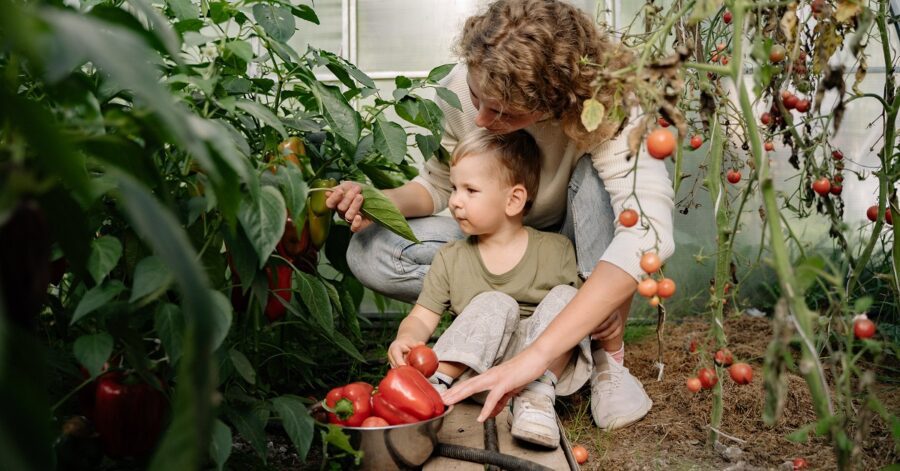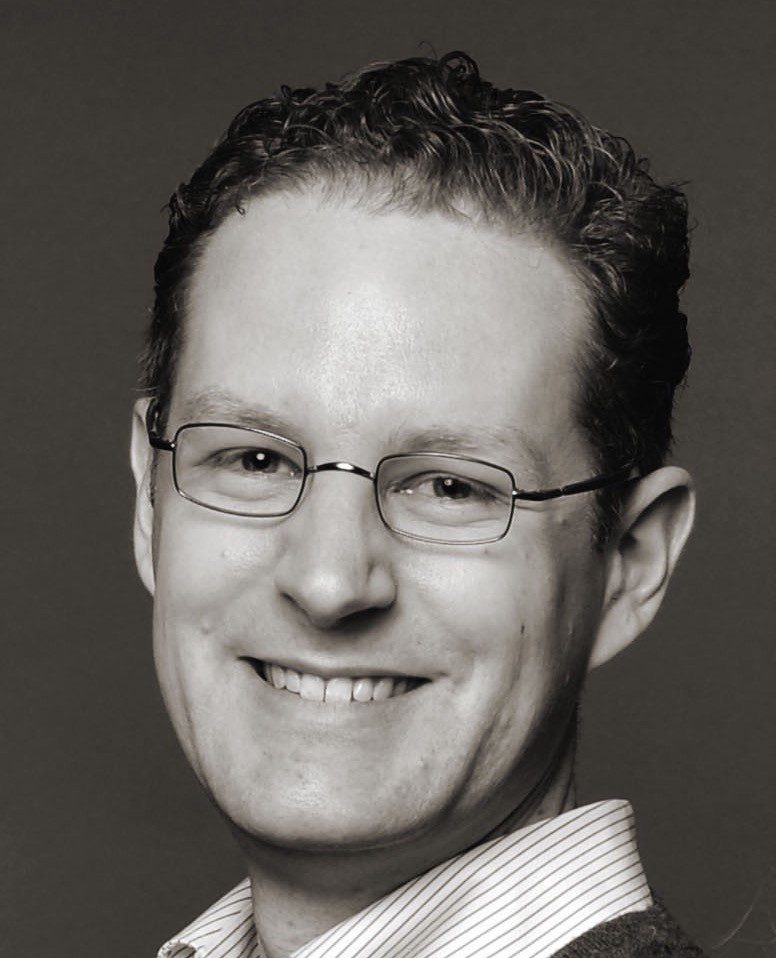When my mother offered to homeschool me in the 1990s, I exclaimed, “No way—those kids are freak shows.” That was my impolite description of the stereotypical homeschooled kid who is “unsocialized.” I confess my “socialization” concerns at the time revolved around meeting girls.
But when my wife and I had children, my socialization concerns multiplied: not just marriage but friends . . . college . . . employment.
Would homeschooling cloister our kids, cutting them off from society? It need not. In fact, socializing children occurs most effectively through a classical, Christian community.
Socialization: A Value-Neutral Term
I think socialization is a value-neutral term.
My proof: I met a dad at a Classical Conversations parent Practicum. He had retired from the Bureau of Prisons, and he had a quick answer to concerns that his kids would lack socialization:
“Prisons socialize you, too.”
This is not an article about how public schools are prisons. It is a reminder about environments. What is “normal” socialization?
For instance, eight years worth of teens passed through my Sunday school class in the years before our kids were old enough for school. Those teens gave me a front-row seat to socialization. In our talks and on social media, they would use the words “bored” and “anxious.” How, I wondered, could a lack of things to do stress them out?
I finally realized they were spending their time on social media, feasting on highlight reels of both peers and celebrities, all the while feeling a growing sense of inadequacy.
Sunday school and Wednesday night youth group were not enough to overcome an environment inviting them to “be conformed to the pattern of this world.” And it was far worse for the teens with all-night access to the Internet.
Peers and social media are happy to step in and advocate for what our kids should care about and how they should behave. One way or the other, our kids will be socialized.
Socialization and Intentionality
So we must be intentional about socialization.
Our youngest was premature. Her feeding regimen required both my wife and me to wake up every two hours. Something had to give in this season, and we decided it was the garden.
Our garden was a raised bed, full of tilled topsoil. Then a few weedy shoots. Then more. By summer’s end, my wife decided to weed it. But some weeds wouldn’t budge. They had become woody. Taller than me. Roots clinging to the base of the bed. I had to saw them out.
They were strong, sturdy plants. Except they were worthless—worse, actually, since they stole nutrients and sunlight from wanted plants. And we let that happen.
Culture is what you allow.
Related: Homeschooling—From a Dad to a Dad
Socialization and Cultivation
Instead of metaphorical weeds in a neglected garden, we have the opportunity to socialize—to cultivate good fruit.
My wife and I are grateful for my sisters-in-law, who pioneered homeschooling and classical thought before our kids were school-age. They shared with us their excitement for Classical Conversations.
I was struck by something its founder, Leigh Bortins, says: “I don’t want kids to be socialized. I wanted them to be civilized.”
One of the sources for classical thought, the Greek city-states, cared about this too. They cultivated their citizens. In fact, the Greek word for child-rearing (paideia) came to mean not only education but culture itself.
Paideia
Classicist Werner Jaeger calls paideia “the shaping of the Greek character.”
I think that is why St. Paul (a Greek-speaking, Jewish citizen of Rome) borrows the term when telling the Ephesians how to parent their children: “bring them up in the [paideia] and instruction of the Lord” (Ephesians 6:4).
Consider Philippi, probably the first church plant in Europe. It was where God began to weave together Greece, Rome, and Israel into Western Civilization. Yet Paul told the Philippians that “our citizenship is in heaven” (Philippians 3:30).
The tools of paideia are the great books and the liberal arts, the sets of skills one needs to be a liberated citizen. Ignorance could not enslave you, nor a despot’s powerful speech, nor even the lies of your own heart.
I found these skills so inspiring that I incorporated them into my coaching and consulting practice. And I committed to tutoring a group of students on our campus through all six years of Challenge programs. It is socializing me!
Resource: The Paideia of God
At our first Practicum, a panel of Challenge students answered parents’ questions. I asked what they talked about with their non-CC friends. It was a trick question: I wanted to know if they had friends outside of CC. (They did.)
The students used the liberal art of dialectic to think through our questions. They also used the liberal art of rhetoric to effectively communicate their answers.
And most importantly, they were kind and gracious all three days of the Practicum.
CC is a community. And classical. But thank God it is Christian. We are socializing citizens of heaven.





